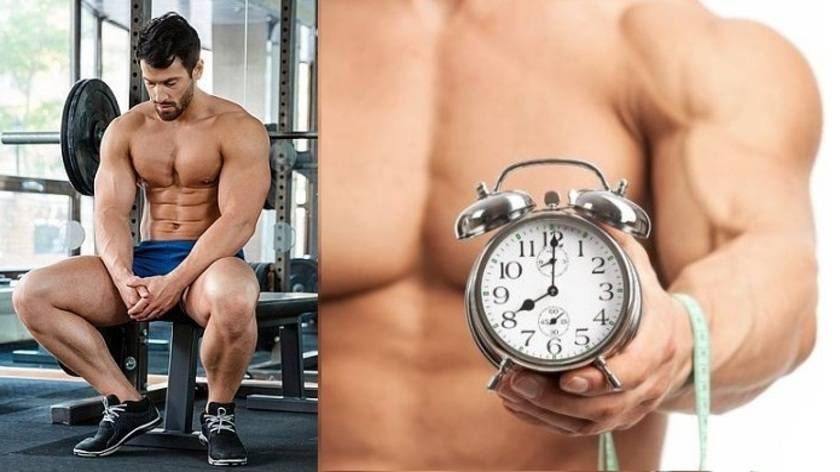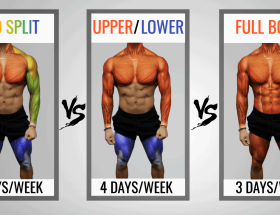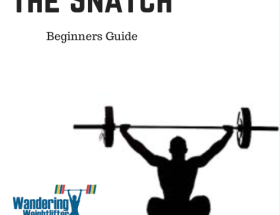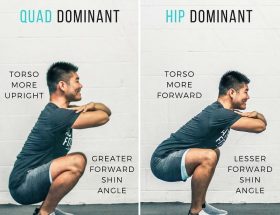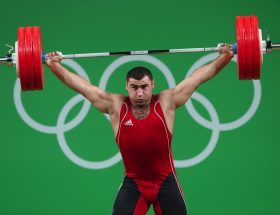Bodybuilding is a physically demanding sport that requires dedication, discipline, and hard work. It involves intense weight training and strict dietary control to build muscle mass and achieve a well-sculpted physique. While many bodybuilders focus on training hard and following a rigorous workout routine, they often overlook the vital aspect of rest and recovery. In this article, we will explore the importance of rest and recovery in bodybuilding and how it can significantly impact your progress and overall well-being.
The Science Behind Muscle Growth
Before diving into the significance of rest and recovery, it’s essential to understand the science behind muscle growth. During weightlifting and resistance training, muscles undergo microscopic damage. This damage stimulates the body to repair and rebuild the muscles, resulting in muscle growth and strength development. However, muscles require adequate rest and nutrition to recover and come back stronger.
Physical Recovery
Rest days play a crucial role in allowing your body to recover from the intense training sessions. When you exercise, your muscles experience micro-tears, inflammation, and depletion of energy stores. Taking a day or two off from training allows the body to repair these microtraumas. This recovery process is vital for muscle growth as it helps muscles to adapt, repair, and grow stronger. Without adequate rest, muscles may become overtrained, leading to decreased performance and an increased risk of injuries.
Mental Recovery
In addition to physical recovery, rest and recovery are equally important for mental well-being. Bodybuilding is a mentally demanding sport that requires focus, determination, and motivation. Continuous heavy training without proper rest can lead to mental fatigue, burnout, and even psychological stress. Taking regular breaks and allowing your mind to relax can help prevent mental exhaustion and help you maintain a positive mindset throughout your bodybuilding journey.
Hormonal Balance
Rest and recovery play a crucial role in maintaining hormonal balance in the body. During intense exercise, the body releases stress hormones like cortisol, which can have negative effects on muscle growth and recovery. Adequate rest helps normalize hormone levels, reducing the impact of cortisol on muscle tissue. Additionally, restful sleep is essential for the production of growth hormone (GH), which plays a significant role in muscle repair and overall body composition.
Preventing Overtraining
Overtraining is a common pitfall among bodybuilders who push their limits without sufficient recovery. Overtraining can lead to various negative consequences, including decreased muscle strength, increased risk of injuries, and diminished immune function. By incorporating rest days and recovery periods into your training regimen, you can prevent overtraining and allow your body to restore its energy levels, repair damaged tissues, and improve overall performance.
Injury Prevention
Rest and recovery also contribute to injury prevention in bodybuilding. Continuous training without proper rest increases the risk of overuse injuries, such as tendonitis, stress fractures, and muscle strains. Taking regular rest days allows your body to repair and strengthen ligaments, tendons, and connective tissues. It also helps to decrease inflammation and reduce the risk of chronic injuries associated with repetitive strain.
Optimizing Performance
Contrary to popular belief, more training does not always equate to better results in bodybuilding. By incorporating rest and recovery into your routine, you allow your body to repair, adapt, and grow. Regular rest days enable you to push harder during your training sessions, leading to improved performance and increased strength. Additionally, incorporating recovery techniques such as stretching, foam rolling, and massage can further enhance your overall performance.
Strategies for Rest and Recovery
Now that we understand the importance of rest and recovery in bodybuilding, let’s explore some practical strategies to implement:
Schedule regular rest days: Plan at least one to two days of complete rest per week to give your body ample time to recover.
Listen to your body: Pay attention to signs of fatigue, soreness, or lack of motivation. If your body needs rest, take an extra day off.
Get enough sleep: Aim for 7-9 hours of quality sleep each night to optimize recovery and hormone production.
Incorporate active rest: On rest days, engage in low-intensity activities like yoga, walking, or swimming to promote blood flow and muscle relaxation.
Implement recovery techniques: Utilize techniques such as stretching, foam rolling, massage, and cold-water immersion to reduce muscle soreness and enhance recovery.
Follow a balanced diet: Consume adequate protein, carbohydrates, and healthy fats to support muscle repair and replenish energy stores.
Conclusion
In the pursuit of building an impressive physique, it is crucial not to neglect the importance of rest and recovery. Including adequate rest days and recovery periods in your training regimen is essential for achieving optimal muscle growth, preventing injuries, maintaining mental well-being, and improving overall performance. By giving your body the time it needs to repair and recharge, you can maximize your bodybuilding progress and enjoy a long and sustainable fitness journey.
